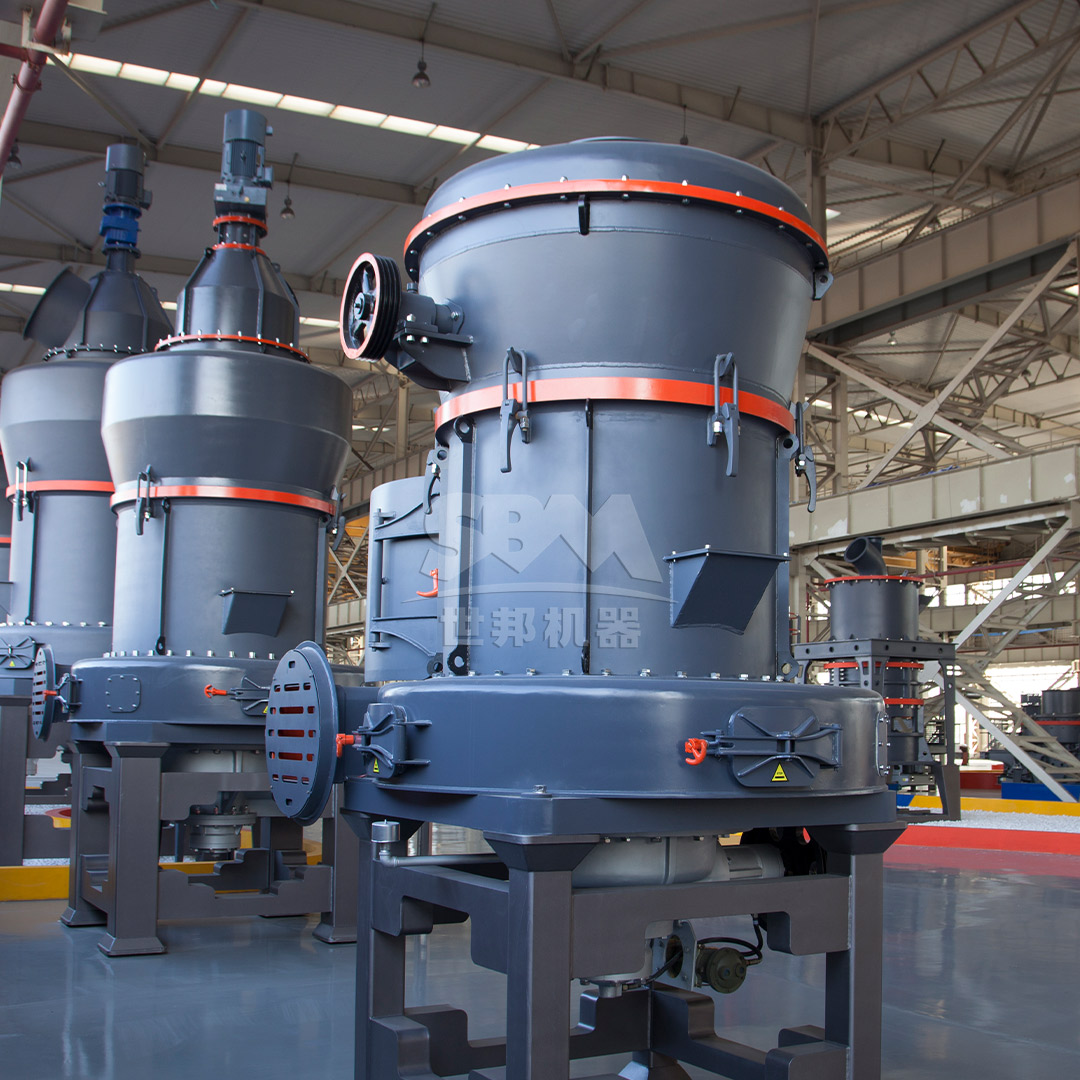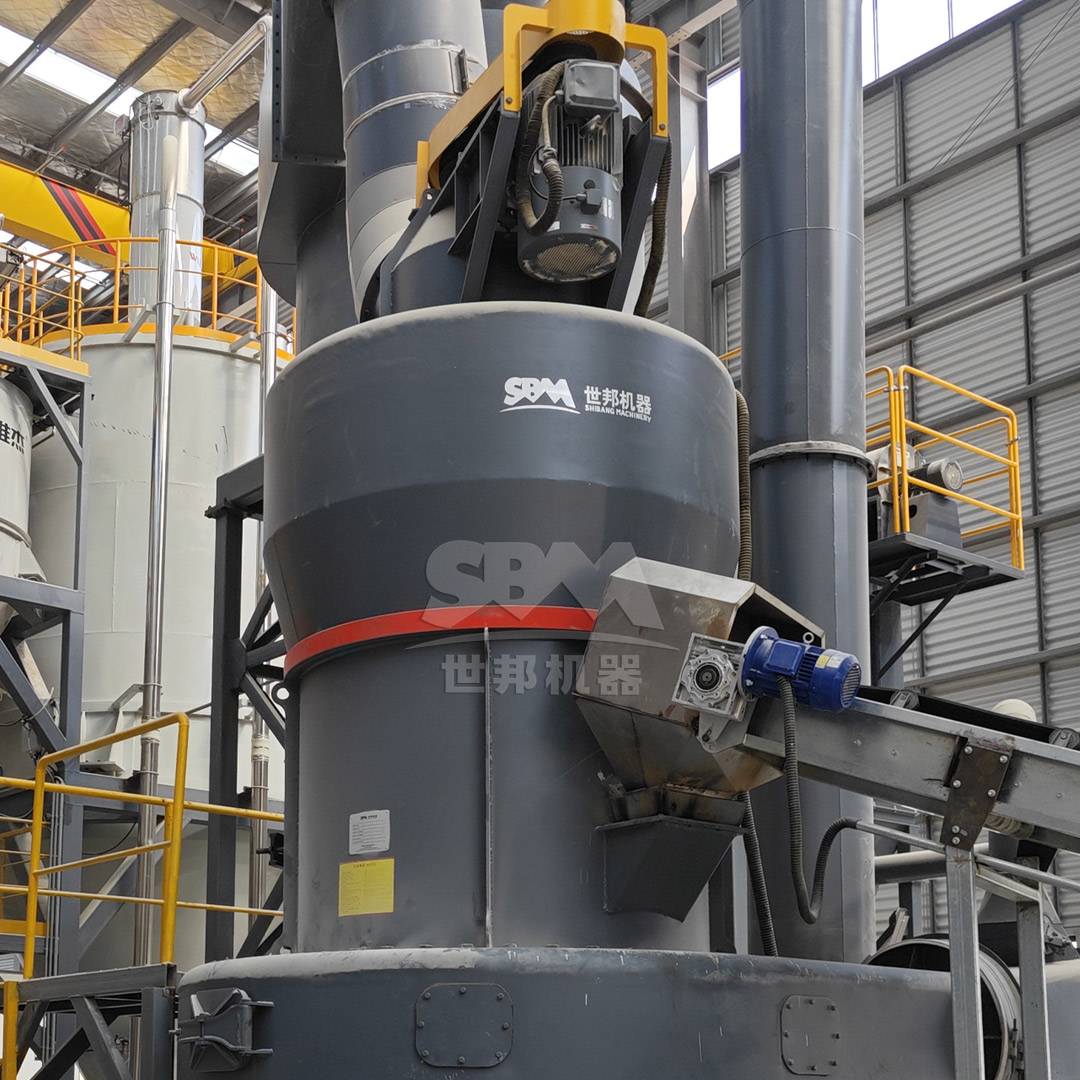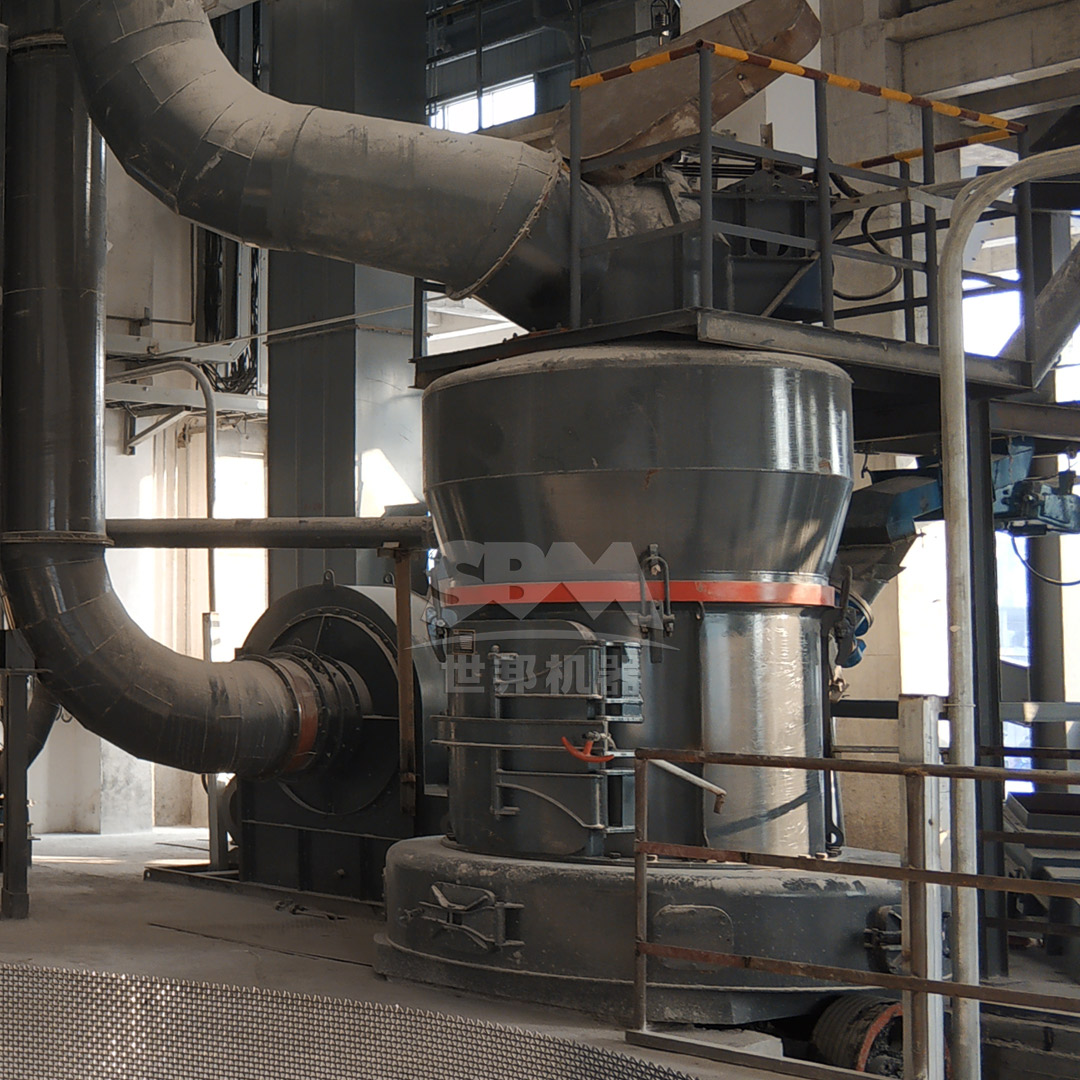Thermal insulation materials play a crucial role in modern construction and industrial applications, providing energy efficiency and safety. Among various raw materials used in insulation production, dolomite stands out for its excellent thermal properties, fire resistance, and cost-effectiveness. The quality of dolomite-based insulation materials heavily depends on the grinding technology employed to process the mineral into fine powders with specific particle size distributions.
Dolomite grinding requires specialized equipment capable of producing ultra-fine powders while maintaining consistent quality and operational efficiency. The choice of grinding mill directly impacts the final product’s performance characteristics, including thermal conductivity, density, and mechanical strength. This article explores the critical role of advanced grinding technology in producing high-quality dolomite-based thermal insulation materials.

Particle size distribution is a fundamental parameter that determines the performance of thermal insulation materials. For dolomite-based products, specific particle size ranges are essential to achieve optimal thermal resistance and mechanical properties. Ultra-fine dolomite powders with controlled particle size distributions create more uniform microstructures with reduced thermal bridging, resulting in superior insulation performance.
The relationship between particle size and thermal conductivity follows established principles where finer particles create more tortuous paths for heat transfer. Additionally, uniform particle distribution prevents the formation of large voids that can compromise insulation efficiency. Modern grinding technology must therefore provide precise control over particle size distribution while maintaining high production efficiency.
For high-performance thermal insulation applications, dolomite powders typically require:
Modern dolomite grinding employs sophisticated milling technology designed to meet the stringent requirements of thermal insulation material production. Several grinding principles have proven effective for processing dolomite to the required specifications.
The grinding process for dolomite involves multiple stages of size reduction, starting from coarse crushing to ultra-fine grinding. The selection of appropriate grinding technology depends on the target particle size, production capacity requirements, and energy efficiency considerations. Advanced grinding systems incorporate precision classification to ensure consistent product quality.
For thermal insulation applications, the grinding system must maintain product purity while achieving the desired particle morphology. Dolomite’s crystalline structure requires specific grinding approaches to prevent excessive heat generation that could affect material properties.

Based on extensive industry experience and technical requirements for thermal insulation material production, we recommend specific grinding solutions that excel in dolomite processing.
For applications requiring ultra-fine dolomite powders with exceptional quality consistency, our SCM Ultrafine Mill represents the ideal solution. This advanced grinding system delivers precisely controlled particle size distributions essential for high-performance thermal insulation materials.
The SCM Ultrafine Mill operates with input sizes up to 20mm and produces powders in the range of 325-2500 mesh (D97≤5μm), making it perfectly suited for premium insulation products. With capacity ranging from 0.5 to 25 tons per hour depending on model selection, this mill provides the flexibility needed for various production scales.
| Model | Processing Capacity (ton/h) | Main Motor Power (kW) | Output Fineness (mesh) |
|---|---|---|---|
| SCM800 | 0.5-4.5 | 75 | 325-2500 |
| SCM900 | 0.8-6.5 | 90 | 325-2500 |
| SCM1000 | 1.0-8.5 | 132 | 325-2500 |
| SCM1250 | 2.5-14 | 185 | 325-2500 |
| SCM1680 | 5.0-25 | 315 | 325-2500 |
The technological advantages of the SCM Ultrafine Mill include:
For larger-scale production requirements, our MTW Series Trapezium Mill offers an excellent balance of capacity, efficiency, and product quality. This robust grinding system handles input sizes up to 50mm and produces powders in the 30-325 mesh range (down to 0.038mm), with processing capacities from 3 to 45 tons per hour.
The MTW Series incorporates several innovative features specifically beneficial for dolomite processing:
Selecting the appropriate grinding technology for dolomite processing requires careful consideration of multiple factors. The following guidelines assist in matching grinding equipment to specific production requirements.
| Parameter | SCM Ultrafine Mill | MTW Trapezium Mill | Application Recommendation |
|---|---|---|---|
| Output Fineness | 325-2500 mesh | 30-325 mesh | Ultra-fine for premium insulation |
| Capacity Range | 0.5-25 t/h | 3-45 t/h | Scale-dependent selection |
| Energy Efficiency | 30% savings vs. jet mills | High transmission efficiency | Both excellent options |
| Particle Distribution | Extremely narrow | Consistently controlled | Application-specific |
For thermal insulation materials requiring the highest performance standards, the SCM Ultrafine Mill provides unparalleled control over particle size distribution. The MTW Trapezium Mill offers superior economics for large-scale production where slightly coarser powders meet application requirements.
Successful implementation of dolomite grinding technology requires attention to several operational factors that impact both equipment performance and product quality.
Dolomite moisture content significantly affects grinding efficiency and product quality. Optimal moisture levels typically range between 1-3% for efficient grinding. Higher moisture content can lead to material buildup and reduced classification efficiency, while excessively dry material may generate excessive dust.
Dolomite’s abrasive nature necessitates careful management of wear parts. Modern grinding mills incorporate advanced materials and designs to extend component life. Regular monitoring of wear patterns and preventive maintenance scheduling ensure consistent product quality and minimize downtime.
Advanced control systems in modern grinding mills enable real-time optimization of operating parameters. Automated adjustment of grinding pressure, classifier speed, and airflow ensures consistent product quality despite variations in feed material characteristics.

Maintaining consistent product quality in dolomite grinding for thermal insulation applications requires rigorous quality control measures. Key parameters must be monitored throughout the production process to ensure final product performance.
Comprehensive quality control for ground dolomite includes:
Modern grinding systems integrate sampling and analysis capabilities to provide continuous quality monitoring. Automated control systems adjust operating parameters based on real-time quality data, ensuring consistent product characteristics.
The selection of grinding technology for dolomite processing involves careful economic analysis considering both capital investment and operating costs. Advanced grinding systems typically offer favorable return on investment through multiple mechanisms.
Comprehensive economic evaluation should include:
Modern high-efficiency grinding systems typically demonstrate payback periods of 12-24 months through reduced energy consumption, lower maintenance requirements, and improved product quality commanding premium pricing.
The field of mineral grinding continues to evolve with emerging technologies offering potential improvements in efficiency, product quality, and sustainability. Several trends are likely to shape future developments in dolomite grinding for thermal insulation applications.
Advanced control systems incorporating artificial intelligence and machine learning algorithms enable predictive optimization of grinding parameters. These systems continuously adapt to changing material characteristics and operating conditions, maximizing efficiency and product quality.
Innovative approaches to energy management in grinding operations include heat recovery from process air streams and regenerative braking systems in large grinding mills. These technologies further reduce the environmental footprint of dolomite processing.
Ongoing developments in wear-resistant materials extend component life in abrasive applications like dolomite grinding. Nanostructured coatings and composite materials promise significant improvements in durability and maintenance intervals.
The production of high-quality thermal insulation materials from dolomite requires advanced grinding technology capable of delivering precise particle size distributions with high efficiency and consistent quality. Modern grinding mills, particularly our recommended SCM Ultrafine Mill and MTW Series Trapezium Mill, provide the technological capabilities necessary to meet the stringent requirements of insulation material manufacturing.
Selection of appropriate grinding technology should consider specific application requirements, production scale, and economic factors. With proper implementation and operation, advanced grinding systems deliver significant benefits in product performance, production efficiency, and overall economic return. As technology continues to evolve, further improvements in grinding efficiency and product quality will enhance the competitiveness of dolomite-based thermal insulation materials in the marketplace.
The integration of intelligent control systems, advanced materials, and energy-efficient designs positions modern grinding technology as a key enabler for high-performance thermal insulation products meeting the evolving demands of construction and industrial applications.